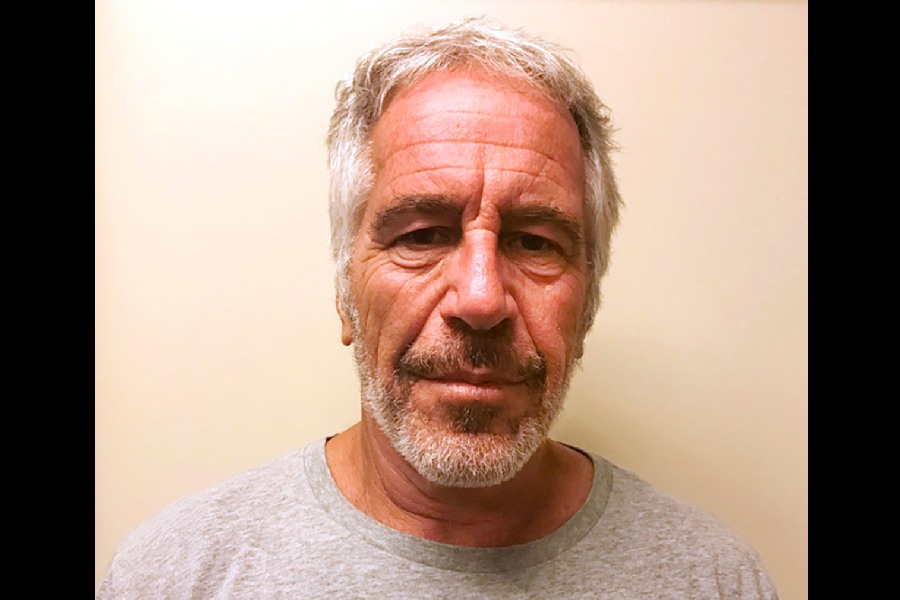 |
| Blackwill: Lobby man |
Washington, Sept. 8: Hurricane Katrina has swept Robert Blackwill up to a pivotal position in the management of Indo-US relations.
The firm of which the former US ambassador to India is president, Barbour Griffith & Rogers International (BGR), started working for the Indian government as a lobbyist from September 1 without a formal contract, more than two months before Blackwill becomes officially “eligible” to deal with India.
Hurricane Katrina, which is threatening to blacken President George W. Bush’s legacy and completely transform America’s agenda for the remaining three-and-a-quarter years of his presidency, has also changed Prime Minister Manmohan Singh’s itinerary during the UN General Assembly in New York next week.
There will still be no formal meeting between Singh and Bush in New York, but officials on both sides here are in touch to ensure that the two leaders get an opportunity to be together for a few minutes and share a few thoughts when they attend the “international launch” of the UN Democracy Fund on September 14.
The decision to hurriedly hire BGR and organise a “chance” meeting between Singh and Bush reflects worries in New Delhi that the ambitious Indo-US agenda unveiled by Singh and Bush at the White House in July may fall victim to the killer hurricane, which wrought havoc in the American south and changed US priorities.
The US Congress was to have considered legal sanction for the nuclear agreement reached between Singh and Bush as it reconvened here this week after the summer recess, but the legislature ? indeed, the entire US polity ? is now likely to be engrossed in the coming months in the political fallout of the mismanagement of hurricane relief.
The appointment of a lobbyist in Washington ends a highly contentious policy debate in South Block, which has been raging since the UPA government assumed office last year.
It is a significant victory for foreign secretary Shyam Saran and for those at the Indian embassy here who do the work of tracking India-related legislation on Capitol Hill and keeping Congressional aides well-disposed towards New Delhi.
Saran and some embassy officials here have been in favour of a lobbyist while other powerful sections of the Indian government, obsessed with Nehruvian idealism, have been arguing that India should plead its own case in Washington and that lobbying is immoral.
Opinion in New Delhi has been veering towards appointing a lobbyist ever since it became clear that opposition to the Indo-US nuclear deal is strong in America and that a paid lobbyist would be needed to bring the US Congress to see merit in the agreement.
But Katrina acted as a catalyst: it was felt that unless the Indians employed methods that usually got things done in Washington, the nuclear deal would go nowhere.
New Delhi quickly asked BGR to start lobbying for India from September 1, while a contract was still being negotiated.
Blackwill resigned from his White House job as adviser to Bush on Iraq last November: he is prohibited by ethics rules from lobbying until the first week of November.
While the Indian government would have preferred to hire BGR by November, the fallout of Hurricane Katrina made such delay potentially disastrous and the firm was asked to work for New Delhi without any delay.










